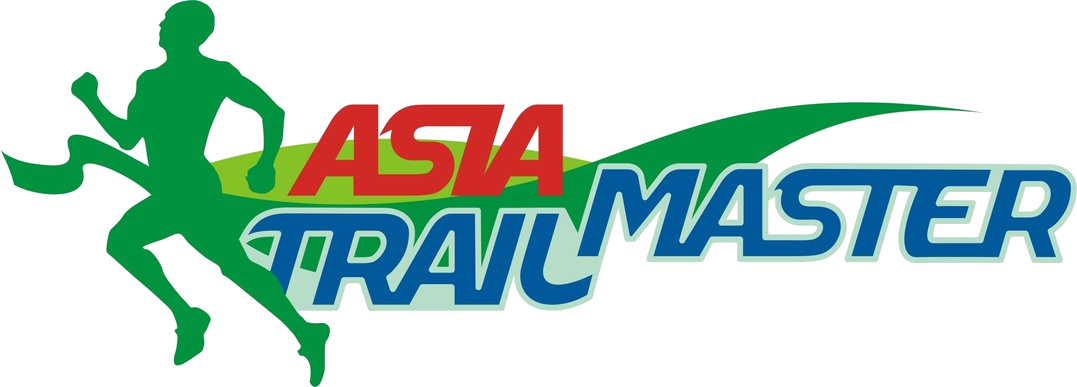Island Trail Awaji enters ATM Championship on 23 November
We are delighted to announce that Island Trail Awaji has joined the Asia Trail Master Championship calendar with its popular event on Sunday, 23 November. Awaji is an island in Hyōgo Prefecture, Japan, in the eastern part of the Seto Inland Sea between the islands of Honshū and Shikoku. The nearest best-known city is Kobe and international travelers best fly into Osaka. On the programme for ATM points is the 43km race from A to B, from Ama Coast Beach to Omaha Beach Park, across the Yuzuruha Mountain Range. In total there is 2200 hm of elevation gain to be conquered, which is not nothing for a relatively short race.
Race day is Sunday, but runners better come to the island already on Saturday to collect their race packs at the finish venue, i.e. Omaha Beach Park. It’s also the location of the famous Sumoto Castle. It is probably good to find accommodation in this area as well, and make use of the shuttle bus to the start area on Sunday morning. The start of the race is scheduled for 8 am.
Island Trail Awaji is open for 700 runners. Registration is open and all details are available in English via the standard Sports Entry platform, which is also linked below. Also check the mandatory gear list and transportation options to reach Awaji island.
On the beautiful event website we can also find out about many tourist and sightseeing spots and read about Awaji as the Island of Creation.
Accoding to the "Kuni-umi" (Birth of the Land) myth in the Kojiki, Japan's okdest chronicle, Awaji Island was the very first island born in Japan, created by the deities Izanagi-no-Mikoto and Izanami-no-Mikoto. The two deities stirred the chaotic, newly-formed earth with the heavenly spear, Amenonuboko. Drops of salt water fell from the tip of the spear and solidified, forming Onokoro Island, followed by the birth of Japan.
Awaji, the "Miketsukuni" that Provided Food for the Imperial Court
Surrounded on all sides by the sea, Awaji Island has long been known for its abundance of marine products such as salt, fish, and seaweed. Its reputation for these blessings of the sea reached all the way to the ancient capital, and many anthologies and historical texts, including the Manyoshu, mention "Awaji salt" and refer to Awaji as a "Miketsukuni"-a land that supplied food to the imperial court. Even today, Awaji Island is proud of its rich food resources.




